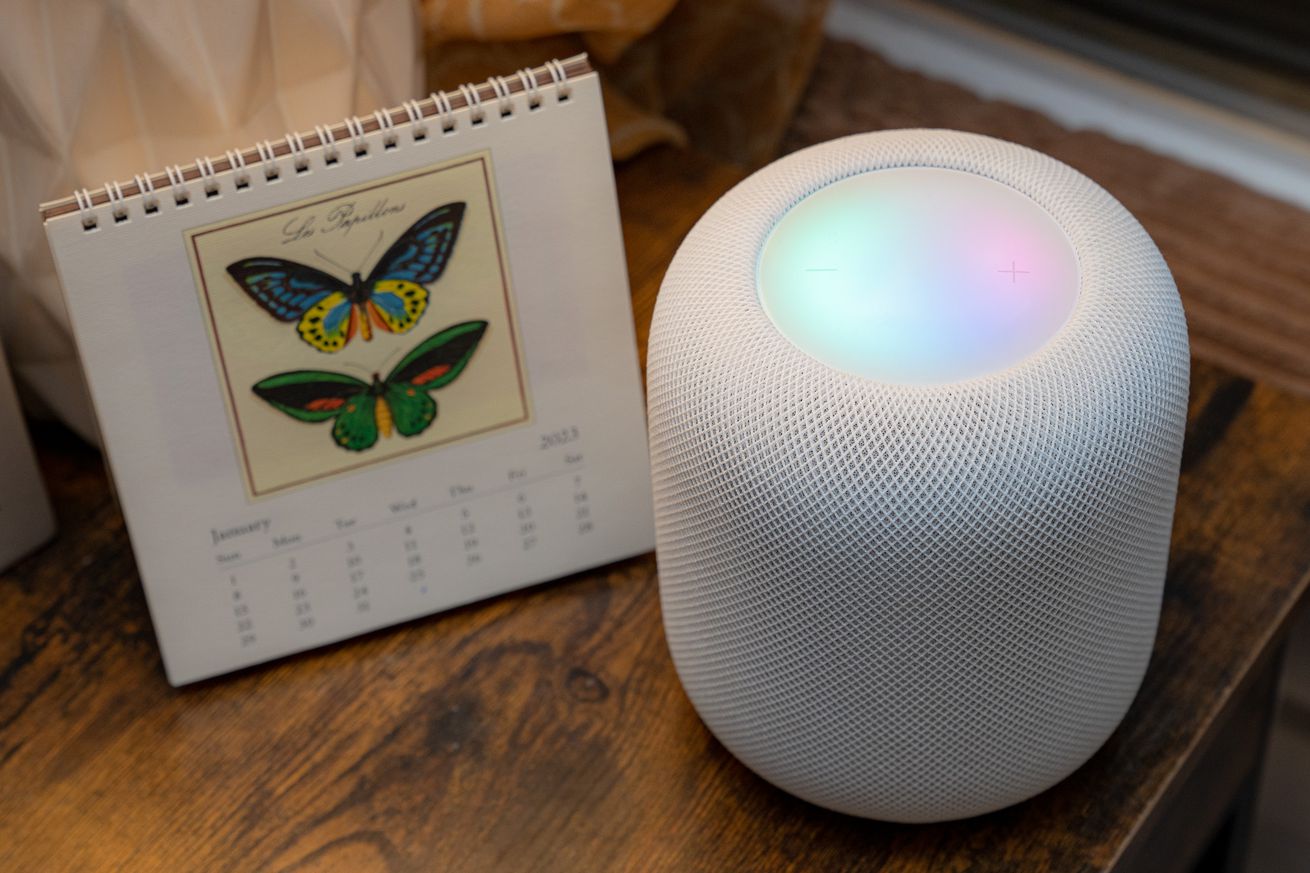
Siri gets a bit smarter, but Apple Home is still lagging behind
Despite some hints toward a possible Apple smart display with its new StandBy feature for iPhones, Apple’s WWDC was underwhelming for the smart home. But Apple did announce one noteworthy addition, Siri will soon handle “multiple commands” in succession without you having to say its name again.
This might seem like a small update, but for anyone who uses voice control in the smart home, saying, “Siri, turn off the dining room lights and lock the front door” will be a huge improvement. However, it’s also another example of how Apple is still playing catch-up in the smart home.
I believe Apple plans to rely completely on Matter for its home automation efforts going forward
Both Amazon’s Alexa and Google Assistant have been smart enough to understand back-to-back requests for years now, but Siri still needed to be asked nicely each time. With its newest updates, Apple has also dropped the “Hey” from “Hey Siri,” bringing it in line with the one-wake word nature of its biggest competitor, Alexa. (While “Hey Google” is still a mouthful, Google doesn’t even need its wake word in some situations).
But seriously, it’s very likely that saying city, cereal, series, and hundreds of other common Siri-adjacent words will now activate the voice assistant, which was already the worst for false wake-ups. Hopefully, Apple has worked some magic in its device’s detection capabilities to avoid this.
One area where Apple is ahead of the game is with smart home control on its TV platform, and tvOS 17 has a redesigned control center that looks like it will make it slightly easier to navigate to your cameras and activate scenes using the Siri remote. There were also a couple of minor updates announced for the Apple Home app, including up to 30 days of “activity history” from devices such as door locks, garage doors, alarm systems, and contact sensors. This will be viewable in the app under Safety & Security (according to screenshots posted on Reddit) and can show when a garage door was opened or closed, a security system is activated, and when a door has been locked or unlocked. It’s a welcome feature, but again, something already found in most smart home apps.
It's also likely we’ll see a few Apple Home UI tweaks when iOS 17 actually arrives later this year. Some have already been spotted in the developer beta, such as an improved color picker for lights and a customizable Home widget. Apple also announced that PIN codes and tap-to-unlock are now available for Matter-compatible smart locks (of which there is currently one). Presumably, this opens up the ability for HomeKey locks to be added via Matter and not lose that core function. However, there aren’t currently any HomeKey-compatible locks that work with Matter.
This overall lack of activity this year highlights what I believe is Apple’s plan to rely completely on Matter for its home automation efforts going forward. The new smart home standard championed by Apple and its competitors, including Amazon, Google, and Samsung, is still barely crawling, and I don’t think we’ll see any new features from Apple Home that aren’t linked to Matter.
What’s more likely, and what I had hoped for from this year’s WWDC, is that we’ll see more of Apple’s unique features — such as adaptive lighting and HomeKit Secure Video — ported to the Matter standard for everyone to enjoy.
I don’t think we’ll see any new features from Apple Home that aren’t linked to Matter
After all, last year’s WWDC was a banner one for Apple Home because of Matter. The company announced an all-new Apple Home app, along with an entirely new architecture for its HomeKit smart home platform, and told everyone that Matter was essentially built on HomeKit. Then a new Apple HomePod followed in January of this year with a Thread radio onboard — Thread is one of the two wireless protocols Matter runs on.
For Apple Home users, Matter has the potential to bring Apple’s smart home platform up to par with the competition when it comes to compatible devices — another place Apple has lagged behind. There will be more gadgets from more manufacturers compatible with their setup.
We’re already seeing this happen. Smart lights from Govee and smart curtains from SwitchBot now work with Apple Home, and Matter should also bring new device categories into Apple Home, including much-requested ones like robot vacuums and pet feeders. But Matter’s progress has been much slower than anyone had anticipated, and it seems like that also includes Apple.

